|
~ Talking shop and roastery success with Bird Rock Coffee's owner and founder, Chuck Patton ~ We love working with Bird Rock Coffee Roasters for Caffeine Crawl San Diego each year, and asked the owner, Chuck Patton, a few questions about operating a great coffee roastery in sunny California. Thanks so much to Chuck for his time and insight - we can't wait for Caffeine Crawl San Diego 2017! ~ Sadie The LAB: In the last two years of Caffeine Crawl San Diego, we’ve been blown away by the enthusiasm present in the San Diego coffee industry. How have you seen the coffee scene in San Diego change since Bird Rock opened 10 years ago? Chuck: We celebrated the Bird Rock location 10th anniversary in July of this year, but I actually started the business in 2002 while I was still teaching. When we started, there were other coffee roasters here, but San Diego was really pre-third wave explosion. We were focusing on single origin coffee, single farm, single origin espresso while, as a whole, others were focused on blends or generic “Guatemala” coffee. We were getting all our beans from Sweet Maria's at the time, and I really enjoyed experiencing the difference - not only from country to country, but from region to region within countries, and we could get that from Sweet Maria's. No one else in San Diego seemed to really be into that. Then, as the movement sort of "took hold" of San Diego, more people starting focusing not only on roasting single origin coffee, but on presenting the coffee in a way that was good and precise. It was not until just a couple years ago with the birth of the San Diego Coffee Network when everyone sort of looked around and said, “whoa, there are a lot of people doing good work in coffee all of a sudden." That realization really energized the coffee community here as a whole. The LAB: Tell us about a memorable moment on a trip to origin? Where was it, what happened? Chuck: Oh man. Some I have forgotten, thankfully. My first trip to origin was in Colombia and I remember hiking for miles to a very remote farm. I was just dumbfounded, not only about what I was doing there, but also how amazing it was that this grower was producing good coffee — in what seemed like the middle of nowhere. But I think as far as “this could only happen at origin” moments: Once, I was going back to La Paz, Bolivia from Caranavai, and we got stuck in a snow storm along the Andes. Crazy. I was so used to hot, tropical climates and here we were, having to find a hotel on the fly because the roads were being shut down. It was crazy. And then the next day, driving through snow covered mountains, I felt like I was in the Alps. Just a strange, out-of-context experience that could have only happened on an origin trip. Another wild one happened in Uganda. Spent a day driving from the Kenya border to Sipi Falls. En route we drank local brew with a group of guys on the side of the road. Random and great. We got to a cabin in the dead of night that was by Sipi falls. We could not see a thing. Pitch black. The next morning, I awoke to the most stunning view I had ever seen. Like something out of a pre-historic fantasy. Oh, and my cabin happened to be about 5 feet from the edge of a cliff - one wrong turn the night before I would be dead. The LAB: What’s your go-to after work beverage? Chuck: Beer and tequila. The LAB: What’s your favorite part of owning a coffee roastery? Chuck: Drinking incredible coffee every day. The LAB: What does a typical day off look like for you? What are you likely to be listening to, and where in San Diego would we find you? Chuck: Hmmm. As a business owner, I am always on call, so a day off. . . is never really a day off. I like to road bike, so I would do that first thing. In the summer I body surf daily, as we live pretty close to the beach. Playing guitar - I am pretty well stuck in classic rock and blues, and would either be listening to Zeppelin, R.L. Burnside or Derek Trucks / Allman brothers. The LAB: Bird Rock has one several awards, including a Good Food Award and 2012 Micro Coffee Roaster of the Year. What can you tell us about the process of earning these awards, and the products that won them? Chuck: Winning is hard. You look at some of the coffee roasters who seem to win all the awards, all the time, and you know what? They work their asses off to get them. As a company, you really need to be focused and driven, because there are a lot of good roasters out there, and chances are, they are sourcing as well and roasting as well as you. So to win something like that requires laser-like focus and commitment. The specialty coffee industry is hyper-competitive, and hats off to any company that manages to garner positive recognition in the industry. The Roaster of the Year award was actually the thing that pushed me when when I was starting out. I remember reading Roast Magazine's article about Stumptown when they won. I thought to myself, “we can do that. We are going to win this some day." Thinking and doing are two different things, but it helped push us to be better at what we were trying to do. A ton of work, drive and investment went into the company until we even felt confident enough to apply. We failed the first time. I was crushed. But we continued and we tried to get better — not for the award, but as a company — in roasting, sourcing, and retail. I was not even going to bother applying again, but we did at the last minute, and we won. That moment changed the company profoundly. Here we were, this tiny little company in this tiny little beach community, and suddenly, the world-wide coffee community knew who we were. In some ways, an award can be a great motivator. With Good Foods, we failed at that I think three times. I knew our roaster was nailing the roasts and our green coffee was superb, but we could not figure out what the problem was. We entered again last year and somehow won. Humbling and amazing, because it took a bit of effort on our part and, again, the competition is so stiff. The list of winners each year is really the top of the top in the country. However, I would say that awards certainly do not make the company. There are some great companies that win a lot. There are some great companies that don’t seem to win. And, there are some great companies that never bother to compete. One would be foolish to say that the company with awards is “better” than one without. At that point you are just talking about marketing, and making the assumption that if one roaster has "award X, Y, and Z," they must be incredible. Yes, they are incredible at some things for sure, but the other company without the awards can be just as incredible while being so quietly. I am absolutely positive that there are a ton of roasters out there right now doing a better job at some things than we are and yet do not have a single “win” or medal, and may not even care. As a company, you need to decide what the goal is for trying to compete at that level. Press? Prestige? Fun? At this point, we are really driven by what our employees want to do. If someone wants to compete in something, we will support them, and if someone thinks we should enter a particular contest, that could be cool too. I was not going to send anything to the Golden Bean this year, but an employee kept pestering me to enter. Our wholesale person had been tooling with different wholesale espressos while our retail QC team had been dialing in a new seasonal blend, so we sent those in and both got medals. So, that was satisfying, and an affirmation of their hard work. If you do want to compete, I would say don’t alter what you do in order to win. Don’t alter a roast because you think that is what the judges want, for example. Present your company as it is and let the chips fall where they may. IF the competition says “you are not good enough,” then screw 'em. You have customers who love what you do. OR, use that as motivation to get better, as there is always room for improvement, and in coffee there is always something to learn. The LAB: Can you share three of your favorite things about living in San Diego outside of the beverage industry? Chuck: 1. The Mexican food in San Diego is amazing. 2. The weather. 3. There is still room to start a good restaurant, brewery, or bar, and San Diegians will still give you a chance. We are not as jaded as LA, where you would really need to be over-the-top to stand out. The LAB: What are some of your favorite local haunts in San Diego - breakfast, dinner, great drinks? Chuck: Oscars Mexican Seafood : the only place for a Chorizo burrito and fantastic ceviche. Nine-Ten and Cantania in La Jolla are two of the best places for dinner in San Diego. Bracero in Little Italy is superb, as is Juniper and Ivy and Crack Shack. Rakiraki has the best ramen in town and, yes, you can eat that for breakfast. Claire's on Cedros up in Solana Beach is terrific for lunch and breakfast. Polite Provisions has a great drink scene. The LAB: What advice would you give to a young coffee roaster looking to make their way in the industry? Chuck: Don’t try to be something you are not. If you don’t really love coffee, stay out of it and don’t get in the business because you think it is “cool”. It is so hard to actually make a living in this industry, as profits are slim. If you don’t actually have a love of what you do and a drive to improve, it is pretty easy to get depressed and bummed out. Start as small and as cheaply as possible. Farmers' markets are great, affordable, venues to find out if the consumer will like your product. Don’t start with a cafe build out. Work up to that. Start with a tiny roaster and a coffee cart at best. Embrace the fact you will fail, miserably, at some aspect of what you are doing. Failing is good. No, failing does not feel good, but you should learn from it and do it better next time — or the failure will push you out before you lose all your money and dignity. Be thankful of your support network, your friends, husbands, wives, family, and those who believe in what you are doing. Contrary to what you may want to believe, outside of that little group there are not many people in this world that actually care about you or what you are doing. When you are about to embark on a trek like starting a coffee business, that support network is the thing that will get you through the tough spots. Without them, the coffee business can be cold, harsh, and very, very lonely. The LAB: What are two things you’ve seen change for the better in the coffee industry in the last 10 years? Two things you think need improvement currently?
Chuck: Well, the community that has formed around San Diego coffee has been pretty amazing, cool and inspiring. And, the customers in San Diego have become more educated. They better understand the importance of a properly roasted and brewed cup of coffee. As far as improvement, people need to lighten up a bit and not take themselves too seriously. Regardless of your fun coffee brewing equipment and your hip cafe, you are never going to be as cool or as hard working as the person who grew that coffee you are bragging about. And, I still see local roasters claiming to “source" coffee, have direct trade relationships, and claim transparency when they buy all their coffee form the same broker and/or have never been to origin. I find this attitude silly and disingenuous, and I just don’t get it. Stop saying you do it, and get out there and actually do it. The LAB: Thank you so much for all the awesome insight, Chuck! Love your perspective and appreciate the time you took to share your thoughts. Looking forward to our next cup of coffee at Bird Rock - cheers!
0 Comments
Leave a Reply. |
Archives
May 2017
Categories
All
|
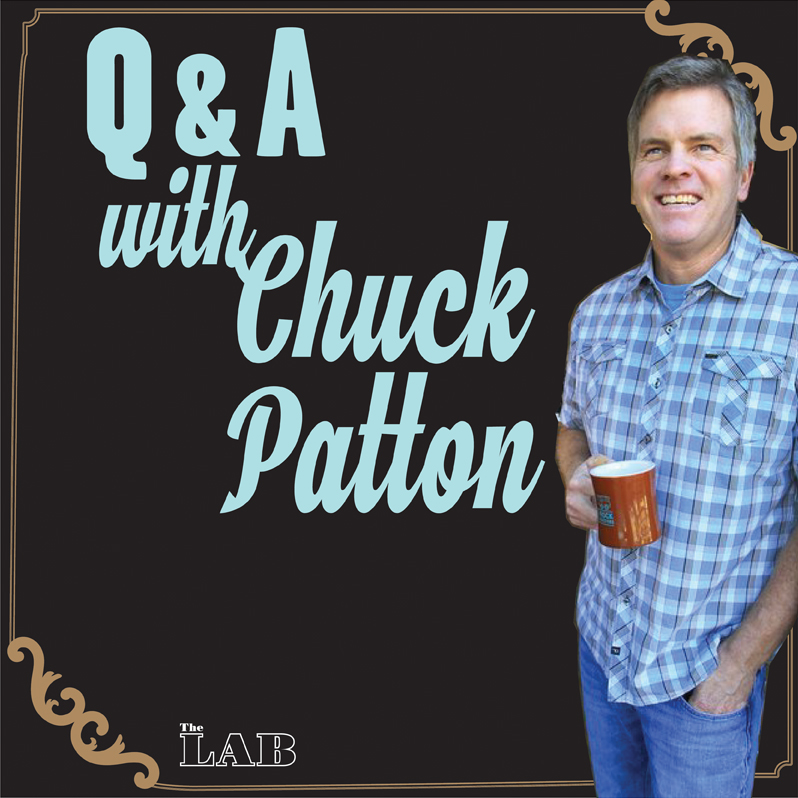
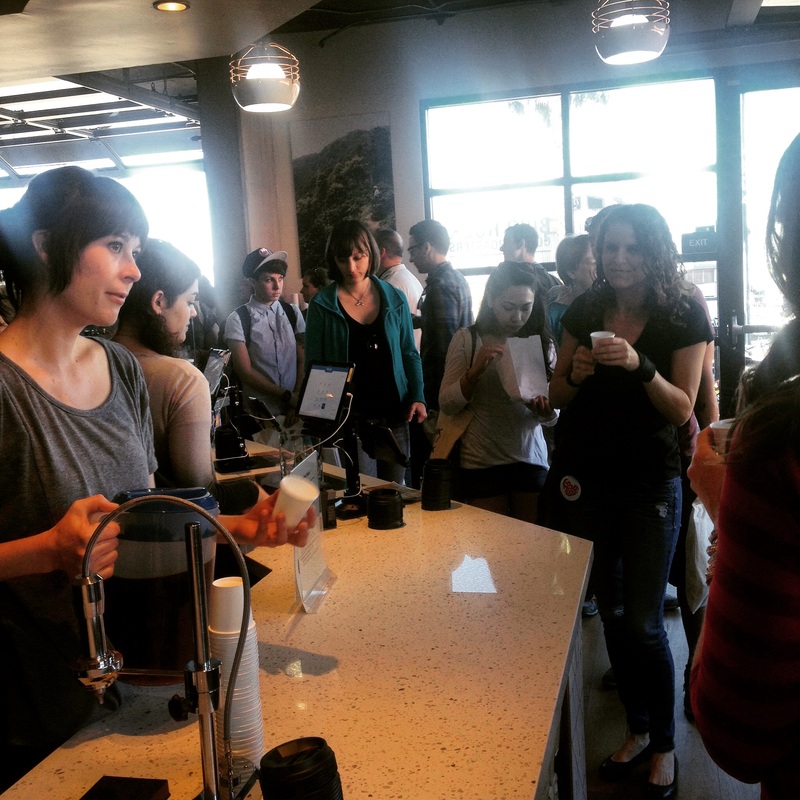

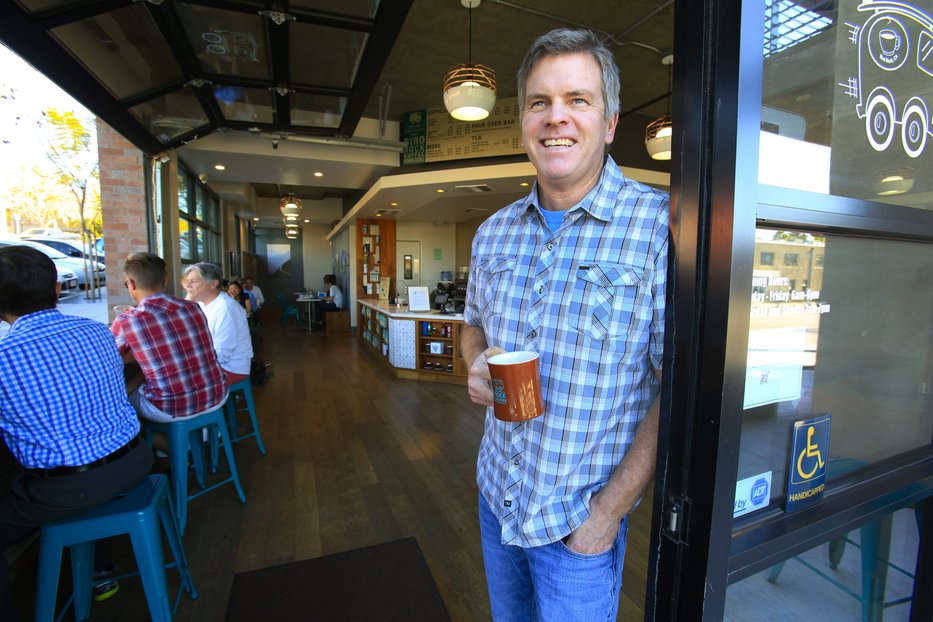
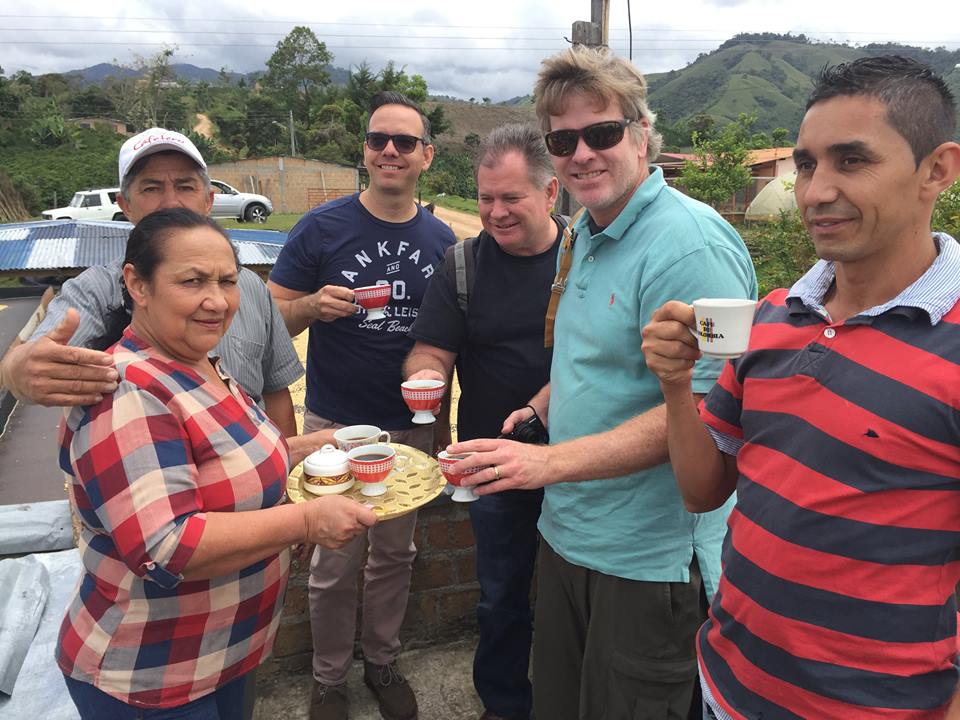
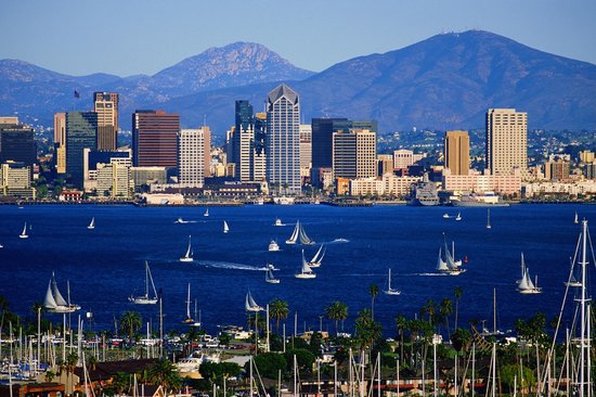
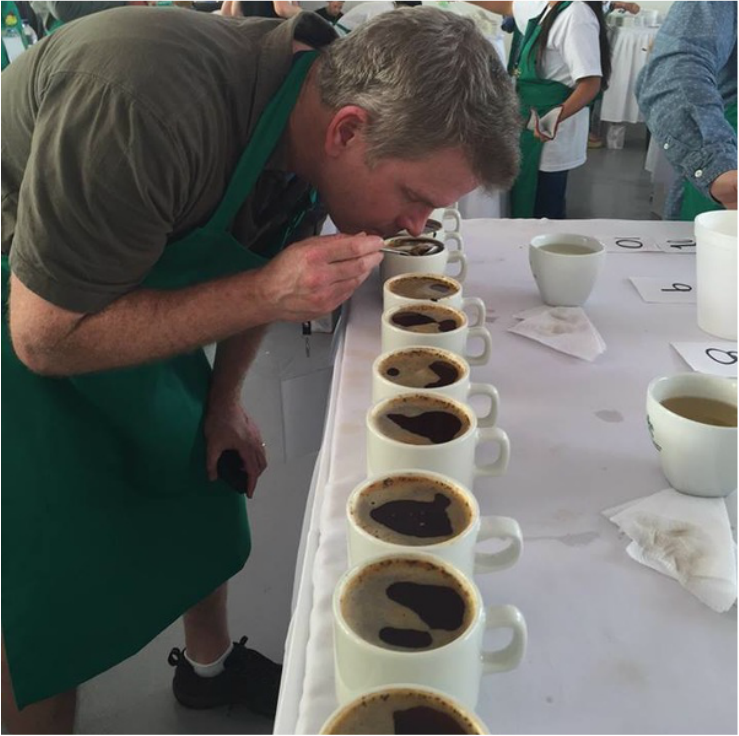
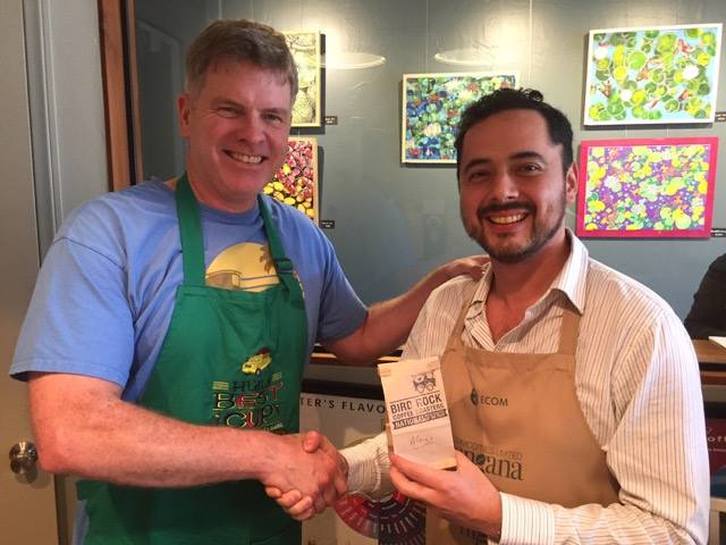
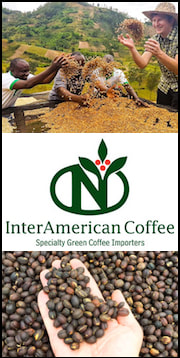
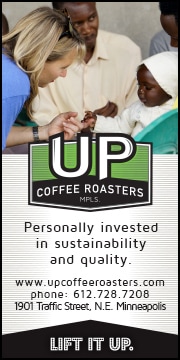
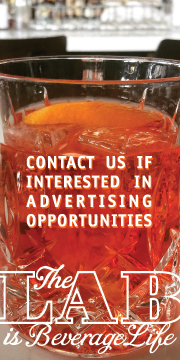
 RSS Feed
RSS Feed